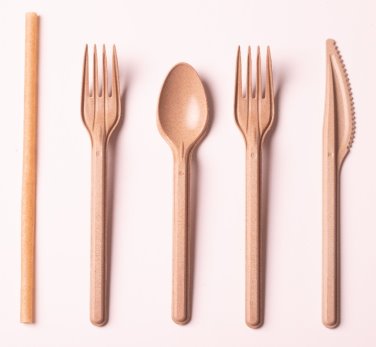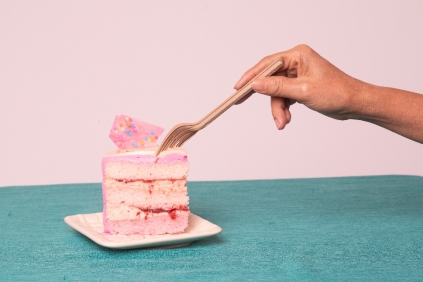How this startup stayed alive after $8M in VC vanished in a weekend
Dillon Baxter of PlantSwitch moved quickly after his company’s funding fell through, a situation all too common these days.
For Dillon Baxter, finding growth capital for his fledgling alternative-plastics company wasn’t nearly as hard as losing it.
Three years after launching his Sanford, North Carolina-based startup, PlantSwitch, in 2020, Baxter had lined up customers to use the company’s new bio-based plastic, signed a lease on a manufacturing facility, sent out job offers, and made down payments for commercial production equipment. He even had an $8 million signed term sheet from a venture capital firm.
Then everything nearly fell apart.
In May 2023, Baxter sent the final investment subscription documents outlining stock purchase agreements and investor rights agreements to the venture firm, and he expected them to be finalized within a couple of days. But after two to three weeks of silence and then stalling by the fund’s chief operating officer, Baxter got the phone call that the fund didn’t have the money. A limited partner who had promised the fund money didn’t come through.

Large companies began taking notice. Jennifer Alsever, reporter for the Inc. article goes on to state:
“Last year, PlantSwitch began production for a number of large customers, including Taylor Farms, a $7 billion family-owned producer of salads and fresh foods based in Salinas, California.
“The effort is part of Taylor Farms’ broader sustainable packaging initiative, which includes the launch of a plant-based tray under the Earthbound Farm brand. It is aiming to replace 100 million forks in its chopped salad bowls sold in Walmart and Costco stores.”
In explaining what makes PlantSwitch alternative plastic so easily adaptable for current corporate infrastructures, the Inc. reporter states:
“They created alternative plastic pellets using agricultural waste from rice husks, wheat straw, and other cellulose-rich byproducts. Those pellets were just like traditional polypropylene plastic pellets and compatible with existing machinery. Plus, the bioplastics could break down within months in a backyard compost bin.”
Read more at link:


Customers are able to quickly buy health products with just a few clicks.
Our inventory includes both common drugs and targeted therapies.
Everything is acquired via trusted providers.
We maintain customer safety, with encrypted transactions and prompt delivery.
—— Do you want this comment for advertisement on this news blog/channel?
If so, please donate at this link:
https://themediapub.com/advertise